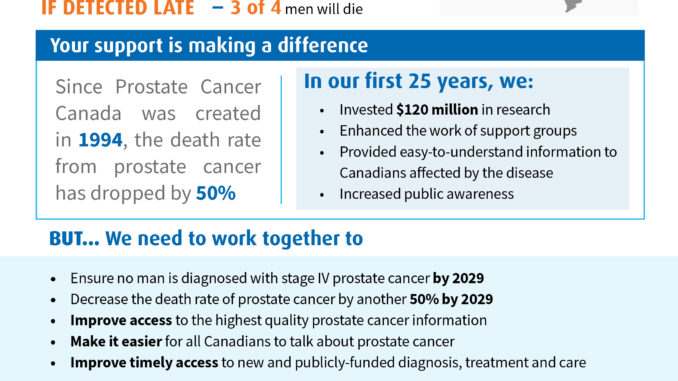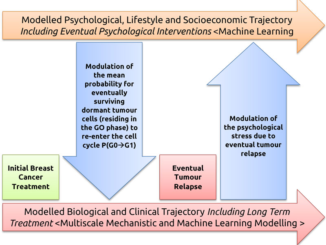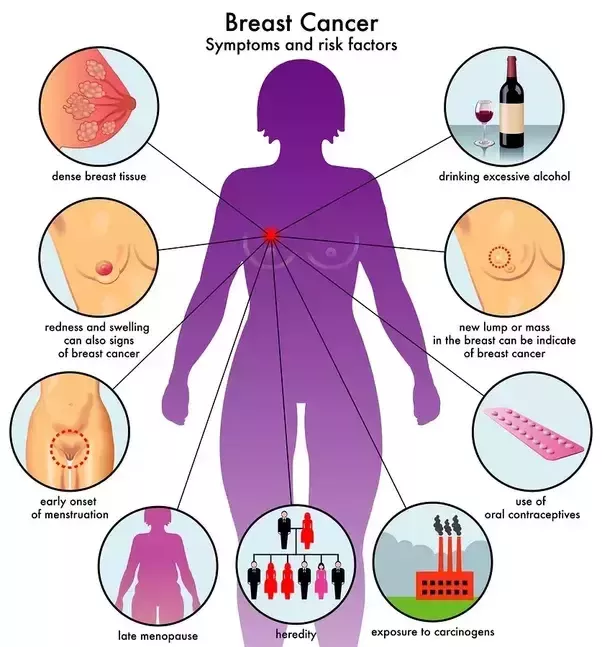
Prostate Cancer Treatment In Canada
The treatment methods used to battle prostate cancer have grown beyond the traditional “surgery or radiation” choices of past decades. Surgery and radiation therapy are still good choices to treat prostate cancer but medical professionals have more options than that today.
While the main treatment centres in Canada are in large cities like Toronto, Montreal and Vancouver, there are care centres in smaller cities. Much of the cancer care is covered under Canada’s medical system, but some alternative treatments do require special insurance or private pay.
Let’s examine the treatment methods:
Prostate Surgery
Prostate cancer surgery can include one of the following 3 options: A prostatectomy is done to remove the entire prostate. A pelvic lymph node dissection is a procedure used to remove only the lymph nodes that wrap around the urethra from either side of the prostate gland. A transurethral resection is a method of removing a blockage from the urethra through the mouth of the penis.
Because surgery is an invasive procedure that requires a general anesthetic, all of these require a hospital stay of at least one night. The recovery time can extend into several days in hospital in some cases.
Radiation
Like surgery, radiation therapy has evolved recently into 3 different procedures. All of these methods use high energy particles to burn away cancer cells.
External beam radiation therapy uses a stream of high energy radioactive particles aimed from a device outside the body at the pelvis to target the area of the prostate gland.
Proton beam therapy uses the same principle, except the stream is made up of ionized particles instead of radioactive particles. The device is aimed at the area of the prostate gland with a device outside the body.
Brachytherapy is another version of radiotherapy except there is no stream of particles. Instead, a number of tiny radioactive seeds are implanted in the prostate gland with a series of injections. Because the seeds are small, their area of effect is small too. This helps to ensure only cancerous cells are being targeted by the radiation.
Cryotherapy
During a surgical procedure, the prostate gland is frozen and then thawed. This method is called cryotherapy. The frozen tissue is killed and can no longer grow or reproduce and so the cancer is stopped.
Chemical Therapy
Hormones and drugs can be used to slow or halt the growth of cancer cells. Hormones adjust the testosterone level in the blood stream to control the cancer’s growth. This method is effective for about 2 years after which it will not work in most patients. This is generally used for patients in advanced stages to prolong life, but is not a cure.
HIFU High Intensity Focused Ultrasound
HIFU for prostate cancer uses directed sound waves to heat and destroy cancer cells. Diseased cells are targeted with an MRI scan and then the HIFU device emits a pulse of sound waves that heats an area of a few cubic millimeters to 80°C. The benefit to this treatment is that it is a 2-3 hour procedure, done in an out patient basis, but a specially trained urological surgeon. The HIFU device is computer controlled and extremely precise, resulting in less damage to surrounding tissues and thus fewer significant side effects. The HIFU procedure can be repeated to treat untouched cancer cells that may have been left behind the first time.
Prostate cancer treatments in Canada have progressed significantly over the past decade. Early treatment offers the best chance of cure, so regular screening is advised for men over 50. Some of the above treatment alternatives, like HIFU, are approved by Health Canada, but are not yet available in the USA. Many patients travel across the border to come north to Toronto cancer clinics.
Your choice of treatment may be limited by your geographical location, if you are unwilling or unable to travel outside of your city or province. It can also be limited by budget, if a private pay option is not something you can afford. While treatment wait times in Canada have remained steady or improved, your doctor can best advise how aggressive and what stage your cancer is, so you can make the best decision on how to treat your prostate cancer.
Proudly WWW.PONIREVO.COM



